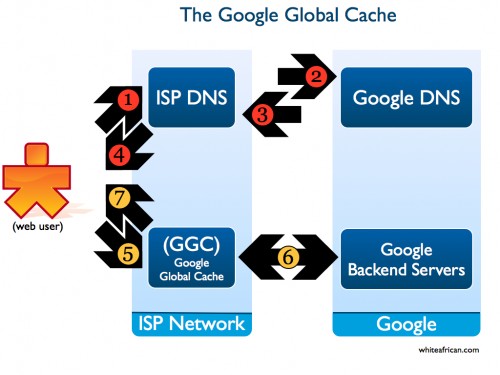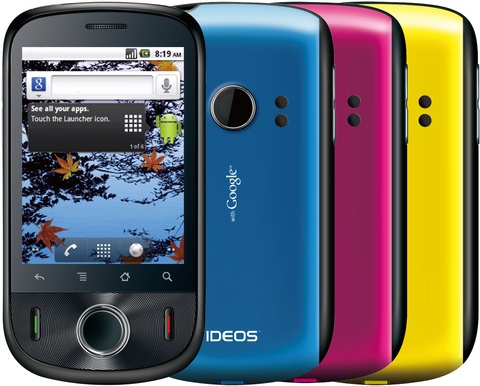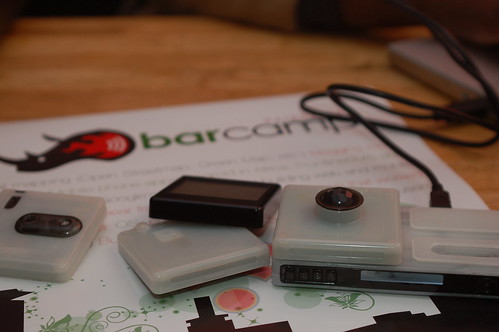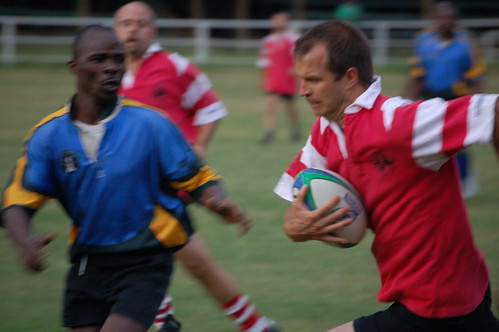 This is the third day of gKenya, where there are 30+ Google employees running a big Google-focused conference in Nairobi. They’ve just done one in Ghana and Uganda as well. The first day was for university students, the second for programmers and today is for entrepreneurs and marketers.
This is the third day of gKenya, where there are 30+ Google employees running a big Google-focused conference in Nairobi. They’ve just done one in Ghana and Uganda as well. The first day was for university students, the second for programmers and today is for entrepreneurs and marketers.
Nelson Mattos, VP of Africa, Europe and the Middle East gave a keynote, here are some notes from that.
Challenges
High penetration of mobile devices, and growth in mobile, yet not many fixed lines and very little high-speed connectivity. This provides a major challenge to Google, whose internet paradigm is based on a different type of user. Low speed and unreliable connectivity.
The diversity of Africa is also a challenge, especially languages. Example, is that there are 51 African languages with more than 2 million speakers.
Devices and affordability. Cash flow constraints impede the ability to pay the entire device price at once. – plus limited access to financing options as the whole of Africa only has 4% of the population that is banked.
Africa is a fragmented market with 54 countries and 1 billion people compared to other emerging markets like India (1.1b) and China (1.3b). This means lower volumes of things that can be sold and lower return for investors.
Broadband in Africa is 10x more expensive than in Europe. The price is just too high outside of cybercafes and certain limited mobile plans.
14% of the world’s population, 2% of the internet
Globally, 94 domains per 10k people, Africa is 1/10,000.
Opportunities
Africa is embracing mobile, so Google is trying to speed up the process of getting more and more people online using mobile. They’re also working on many different levels to create a more holistic ecosystem for the internet in Africa, including policy, education and developer outreach.
Access – reducing the barrier for potential users
This mainly means reducing the cost to access, data and services. They do this with with devices (like this week’s release of the Android IDEOS phone from Huawei). They also engage with major telcos and ISPs to reduce the price of entry for data connections.
Google works a lot with the African developer communities as well, they’re particularly heavy in Kenya, Ghana, Uganda, Senegal and South Africa, but are growing to more countries. One of their goals with this is to educate on how to better create efficient and effective websites, and it’s also to help grow a higher calibre of developer.
They have a university access program, where Google helps bring universities into the internet era in Africa (though I’m not sure what that means to be honest, outside of giving them Google Apps for free.)
Finally, they work to Improve the end-user experience, including latency for both Google products and internet services in general (ie, Google Global Cache). Note: Google Global Cache only works in certain countries, Kenya is not one of them due to political bickering amongst certain ISPs, AccessKenya amongst them
Relevance – making the internet relevant and useful to local people
Google is working to create and enable more African content online (ex: Swahili Wikipedia challenge and Google books partnerships). They’re helping to develop applications that are locally meaningful and enabling African devs to do the same by launching Google products in more languages.
Sustainability – helping to build an internet ecosystem in Africa that has long term sustainability
Developer outreach is a major component, where they are strengthening the developer community (through places like the iHub), working with universities by raising the level of curriculum and awareness about Google, and are also working and partnering with startups, publishers and NGOs.
Awareness and education (Doodle for Google in Kenya and Ghana, “Best place to watch the match” in Kenya during the World Cup, etc.
Google Tools
Taking advantage of Google apps (email, docs, calendar):
50k students using Google apps for free at universities
Small, medium and large sized organizations are using Google Apps as well, examples given were: Kenya Airways, Homeboyz Radio, USIU
Products developed for Africans – recent launches:
- YouTube (South Africa)
- Streetview (South Africa)
- Google maps in 30 African countries: including driving directions in Kenya, Ghana and SA
- Google News in many African countries
- Google Places (Kenya)
- Google Trader (Uganda)
- iGoogle in 36 Sub-Saharan African countries
- SMS chat in Gmail (Ghana, Senegal and Zambia)
- Tools in local languages (ex: Gmail in Swahili)
- Android Marketplace launched in Kenya and South Africa on Monday, but it’s crippled by lack of Google Checkout use in these same countries.
(There were actually quite a few more “Africanized” tools and features that he listed, but I couldn’t copy them all down in time. I’ll try to get the full list later.)
Ability for organizations to start local and expand globally:
- Google Maps: 300 cities mapped, and represents a chance for local businesses to have a global presence by getting into the business listings
- Google Site Creator: get indexed faster, uses the example of AkiliDada
- Monetization opportunity through AdSense and Adwords: uses an example of “BabyM“, a business out of Nigeria, who used $400 on Adwords and sold their complete inventory in 4 weeks.



